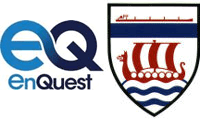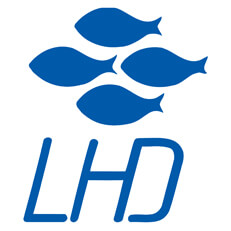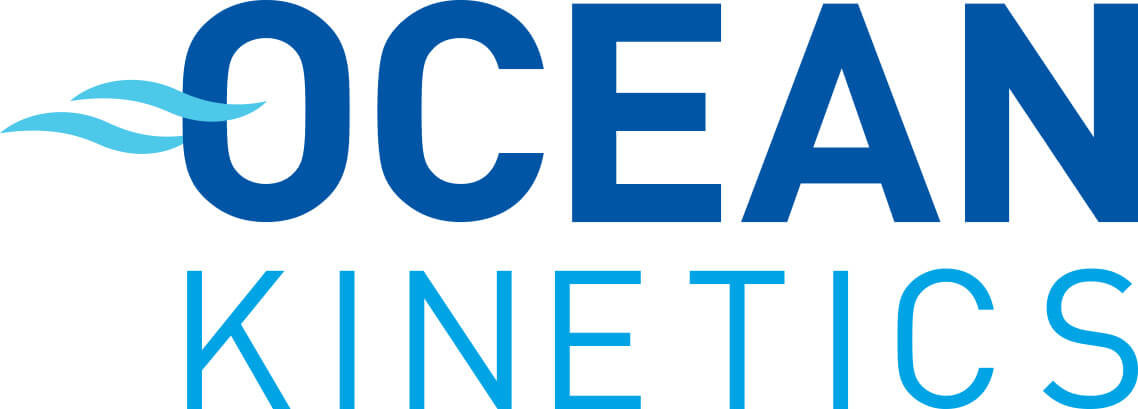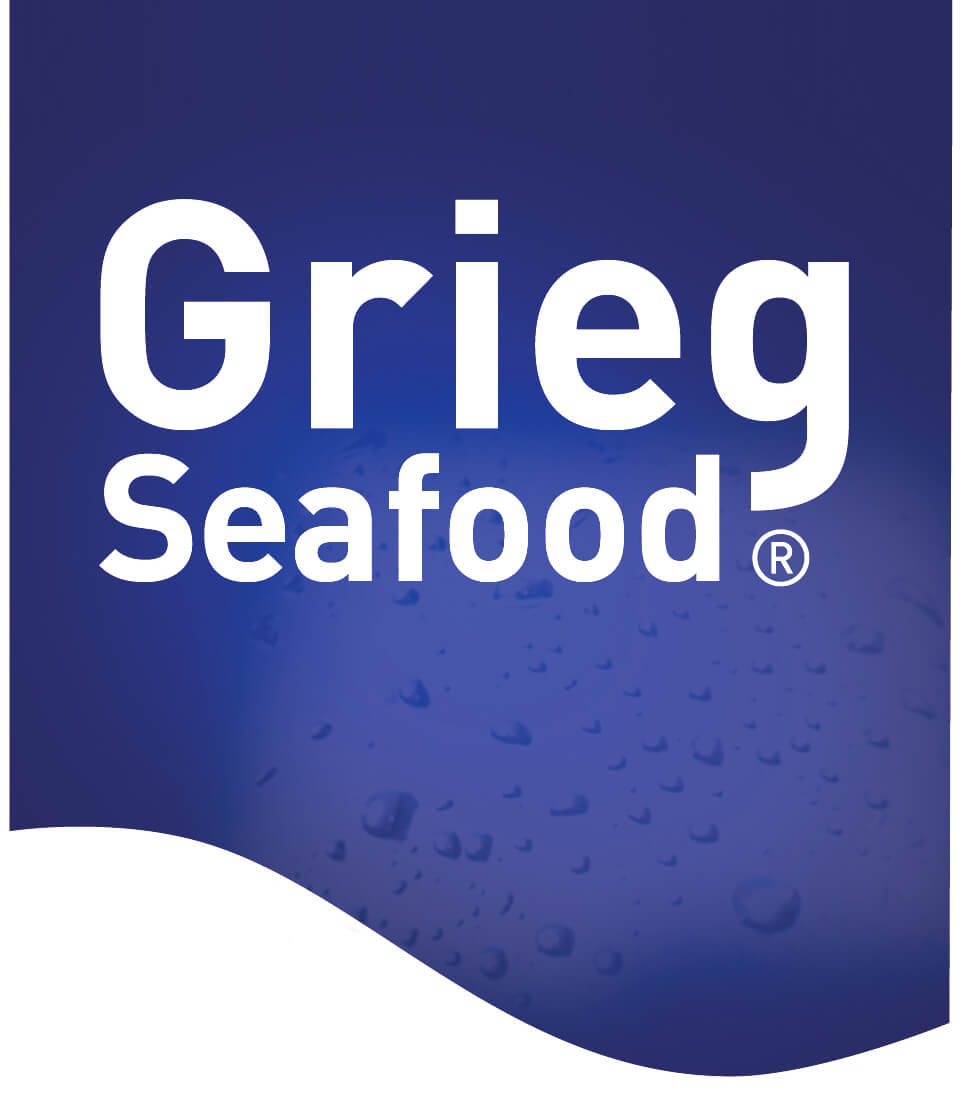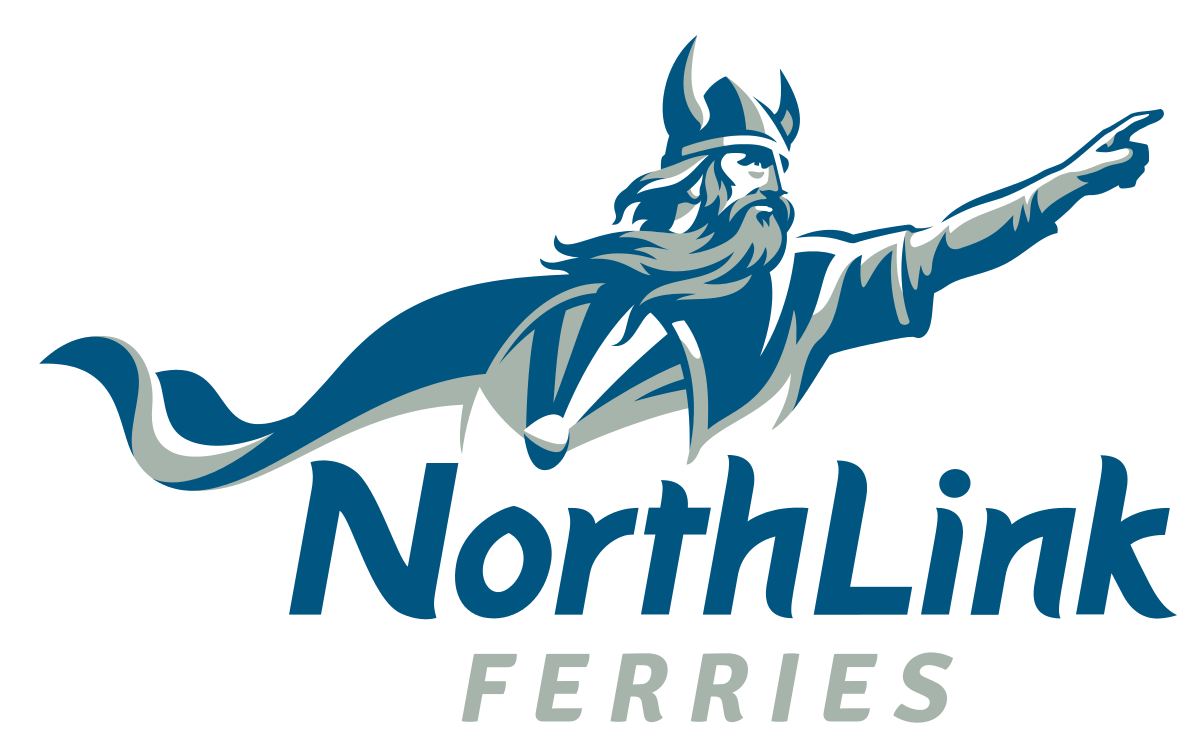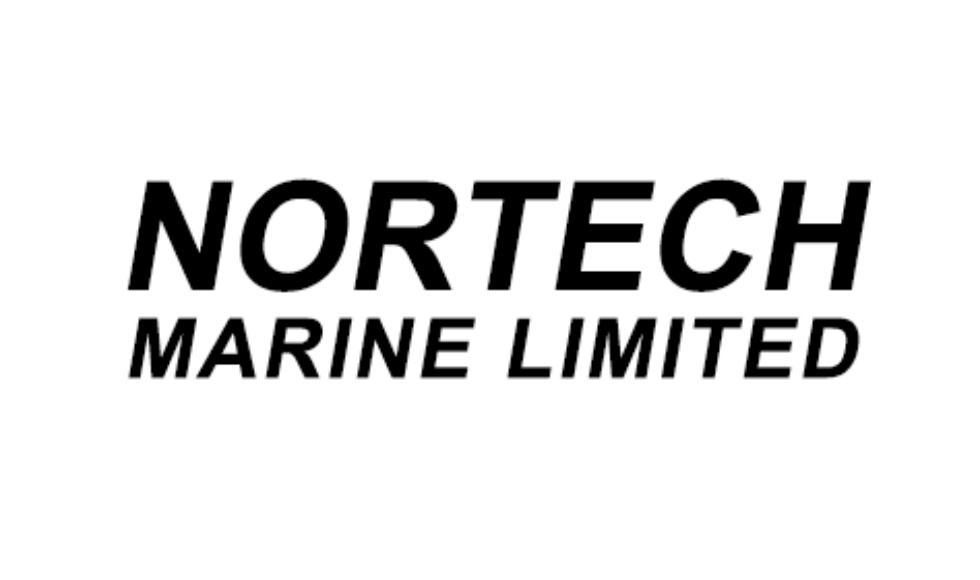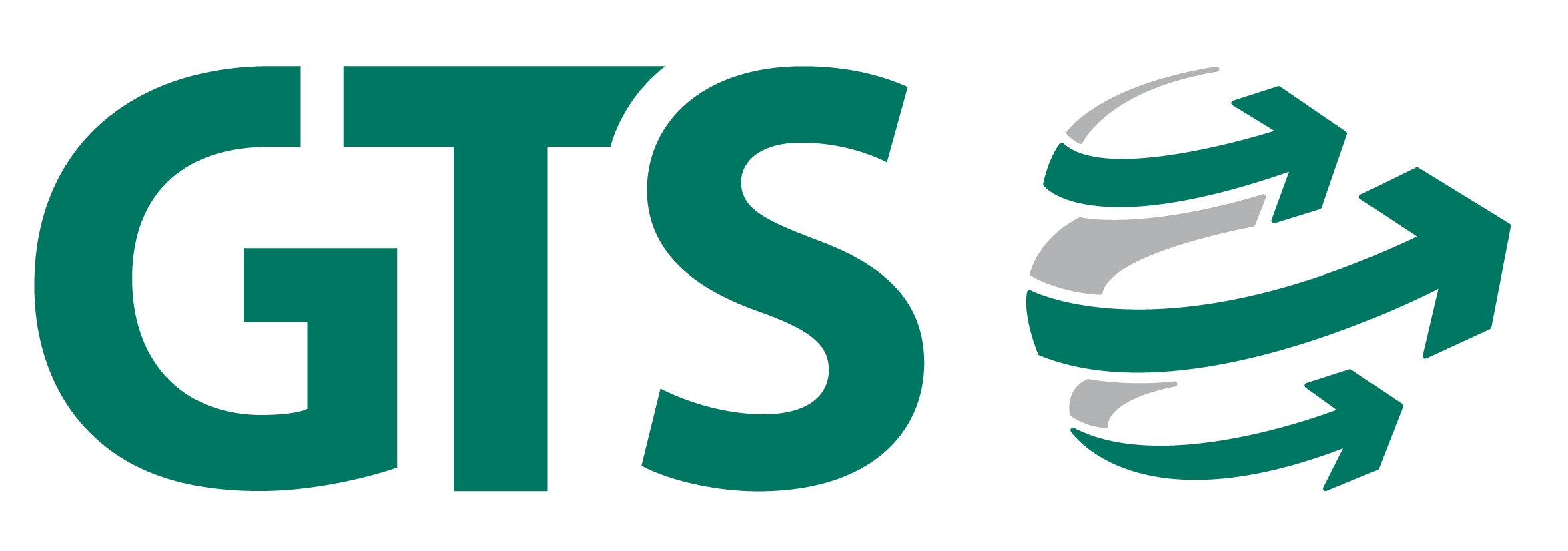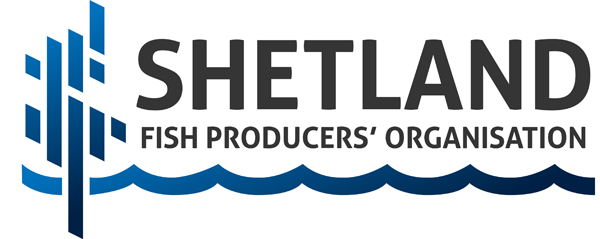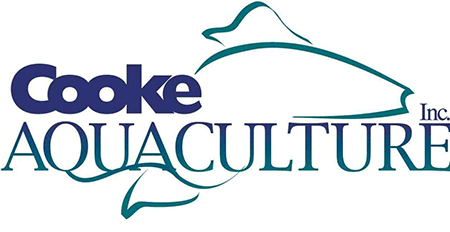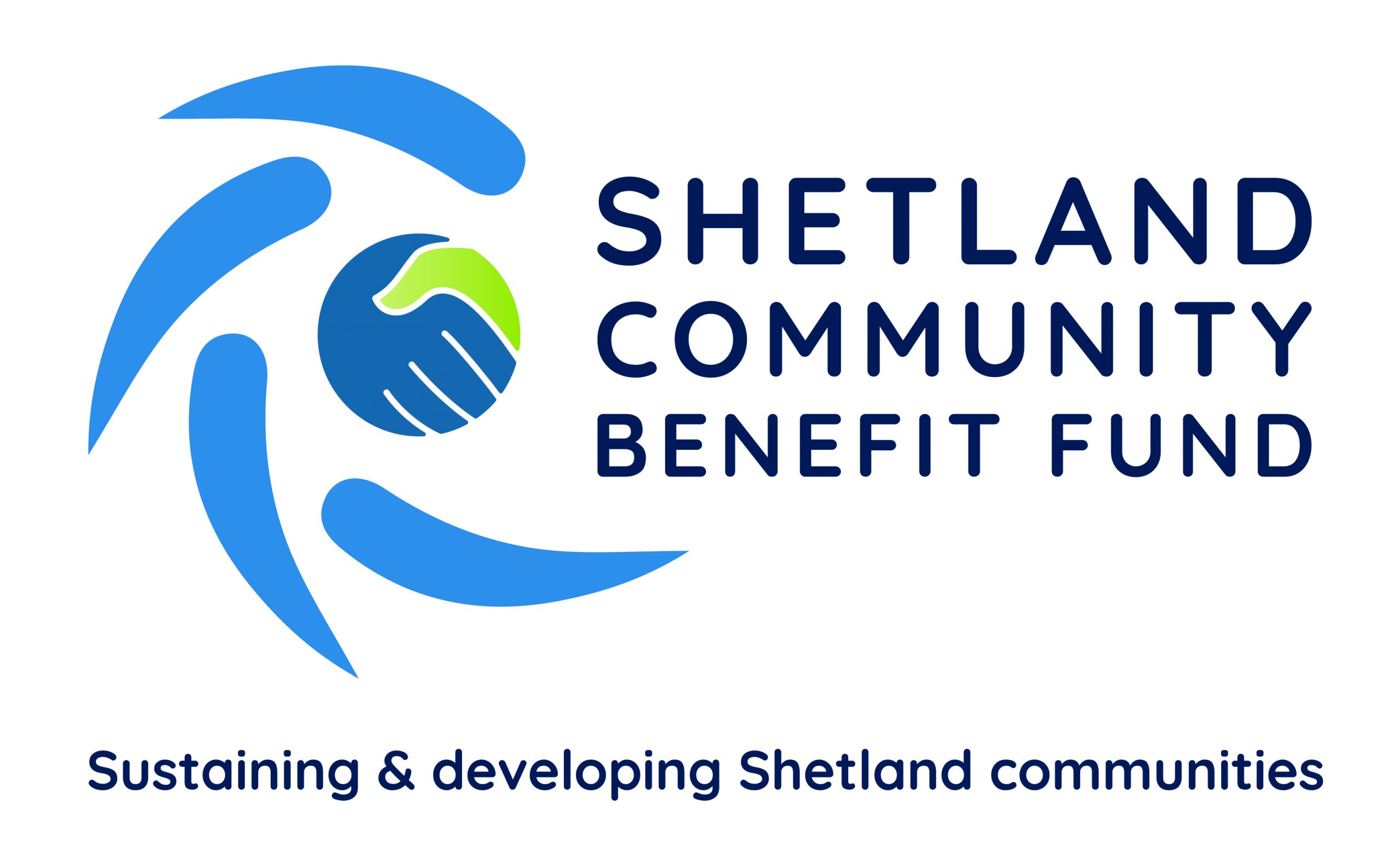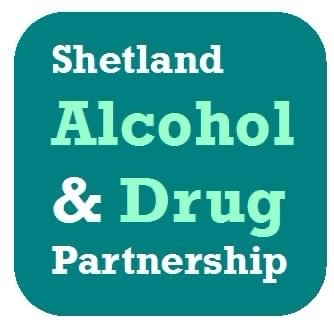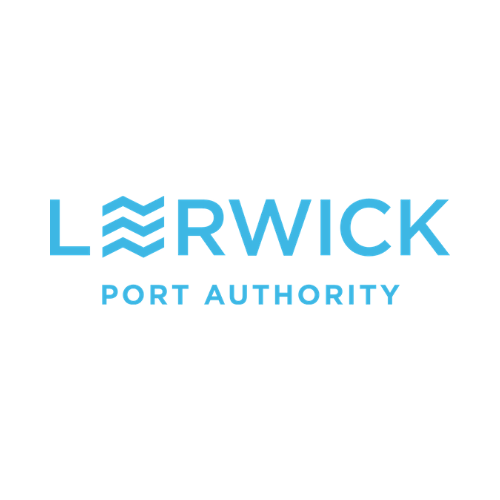About Us
Dogs Against Drugs (In memory of John) is a registered Scottish charity and community led project. The charity was established in 2002 by locals in Shetland in an effort to help to safeguard the islands from the issue of illegal drugs.
The charity was created following a trip to Faroe, where two of our founding members were met by a drug detection dog who scanned passengers for illegal substances on their arrival at the airport. Following a number of drug related deaths in Shetland, the couple thought this would be a very beneficial implementation to Shetland due to the likeness between the isles; the small communities, the remoteness and the islands vulnerability.
A large part of our work is to deliver drug education presentations to all ages of pupils throughout local schools.
The charity offers its education services to many other organisations and is actively involved in giving drugs awareness training to businesses and community groups all over the island.
Although we work closely with police Scotland, we receive no direct funding from them. For more information about our funding sources, visit our Sponsors page. You can also find out how you can support us by visiting the Donate page.
Aims of Dogs Against Drugs
- To detect illegal drugs and prevent substance abuse within Shetland.
- To provide a high profile, visible deterrent to those involved in the drugs scene and discourage those contemplating becoming involved.
- To assist the police and other agencies in the detection of illegal drugs.
- To deter and prevent Shetland being used as a foothold for drug trafficking.
- To encourage discussion and debate within the community regarding all aspects of drug abuse, including social, health, educational and legal perspectives.
- To train and deploy drug detection dogs who will be based in Shetland.
- To deliver drugs education to as many children in Shetland as possible and to work with our partner agencies in order to help educate future generations on the realities of illegal drugs.
- To help signpost those affected by drugs to support services so they can access the care and support they need.

